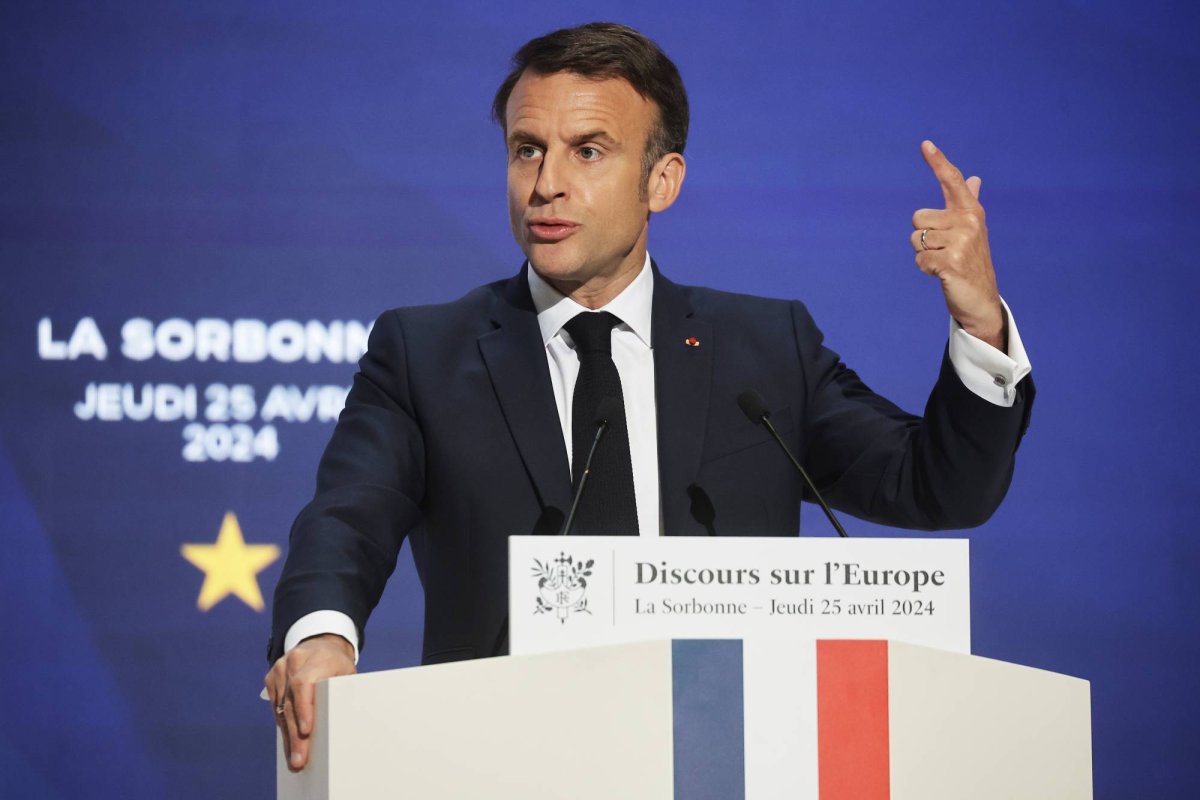In a recent landmark speech at Sorbonne University, French President Emmanuel Macron voiced a stark warning: Europe could "die" without decisive action to bolster its defenses and revamp its economic strategies. Macron outlined three primary threats to the stability and future of the European Union: rising global competition, especially from the United States and China; internal disunity; and technological lag. These challenges, he argued, necessitate a more robust and autonomous European stance on both economic and defense fronts.
Macron's Vision for Europe
Since his ascent to the presidency, Macron has consistently advocated for a stronger, more unified Europe. His visions have often centered around the idea of European sovereignty and strategic autonomy, aiming to reduce reliance on external powers. His calls have grown more urgent as geopolitical dynamics evolve, particularly with increasing protectionism from major global players and potential shifts in U.S. foreign policy under different administrations.
Behind Macron's Push for a Stronger Europe
Macron's rhetoric about Europe's existential threats is not just about safeguarding the continent's borders or economies, it's about preserving its political influence and cultural identity in an increasingly multipolar world. His push for European unity and independence reflects a deeper, strategic attempt to position Europe as a powerful, cohesive bloc that can negotiate from a place of strength rather than dependency.
The French President's proposals include boosting Europe's defense capabilities through increased spending and technological advancements, fostering economic resilience by promoting 'Made in Europe' initiatives, and enhancing cybersecurity measures. He has also highlighted the importance of maintaining strong ties with the UK post-Brexit, emphasizing that Britain remains a vital partner in Europe’s strategic defense framework.
Historical Context and Reactions
Macron’s advocacy for European strength is not new. His previous addresses have consistently stressed the need for a Europe that can stand on its own. The reaction to Macron's latest speech has been mixed, with some praising his forward-looking stance and others criticizing it as overly alarmist. Nonetheless, it has sparked a broader conversation about Europe's role on the world stage and its future direction.
As Macron's term progresses, his vision for a fortified, independent Europe is likely to continue shaping discussions around EU policies and strategies. Whether his call to arms will translate into concrete policy changes remains to be seen, but the urgency of his message is clear: Europe must unite and strengthen, or risk fading into geopolitical irrelevance.









